When it comes to transporting heavy materials or moving bulk loads, the choice of equipment can make a significant difference. A reliable trailer tipper is indispensable for enhancing efficiency and effectiveness in operations. In this comprehensive guide, we aim to illuminate every aspect of trailer tippers, allowing you to make an informed purchase.
What is a Trailer Tipper?
Definition and Purpose
A trailer tipper, commonly referred to as a tipping trailer, is a specialized type of vehicle designed to facilitate the unloading of heavy materials. It is characterized by its ability to tilt or “tip” its load, enabling quick and efficient material discharge. This functionality is particularly advantageous in the construction, agriculture, and mining industries, where bulk materials need to be processed swiftly.
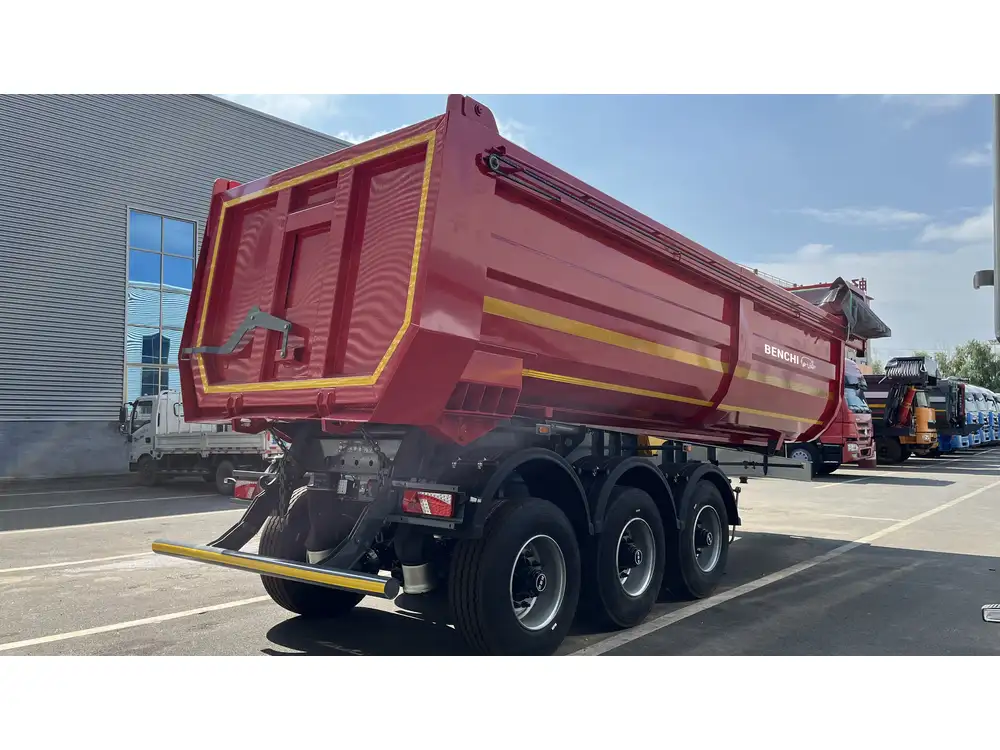
Mechanisms of Action
The tipping mechanism is typically hydraulic, allowing for smooth and controlled unloading. The hydraulic system can be powered by the towing vehicle or an independent power source, depending on the design and specific user requirements. Understanding the mechanics can help users appreciate the potential benefits and limitations of their trailer tipper.
Key Considerations When Searching for a Trailer Tipper for Sale
1. Load Capacity
One of the primary factors to consider when selecting a trailer tipper is its load capacity. This is typically measured in tonnes. Different industries may require varying capacities; for instance, a construction firm might need a larger capacity than a farmer. Assess your needs meticulously and choose a model that ensures safety without exceeding recommended limits.
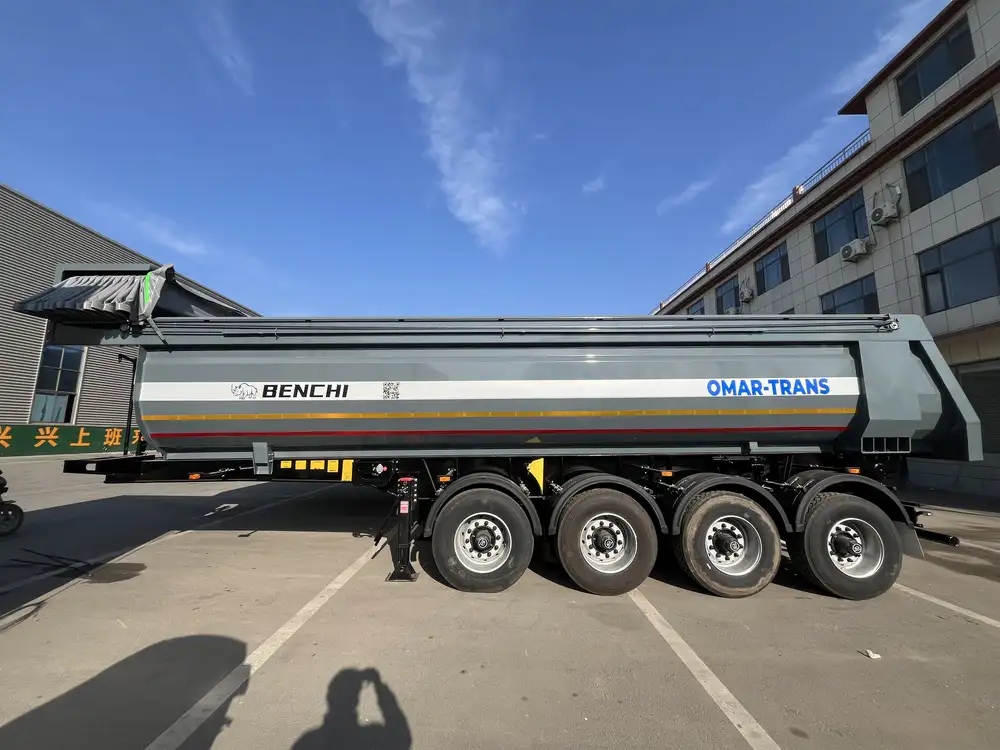
2. Trailer Size
The size of the trailer is another crucial aspect. A longer trailer may carry larger loads but can be cumbersome in tight spaces. Conversely, a smaller trailer may offer maneuverability but limit your carrying capacity. Consider the types of sites you’ll be navigating and the typical space constraints you’ll encounter.
3. Material Construction
The construction material of the trailer tipper influences its durability and usability. Common materials include:
- Steel: Known for its strength and resilience, but may be subject to rust if not properly maintained.
- Aluminum: Lightweight and resistant to corrosion, making it an ideal choice for prolonged exposure to the elements.
- Composite materials: Combining various materials can yield a trailer that is both lightweight and sturdy.
4. Tipping Angle
The tipping angle directly affects how easily and efficiently the load can be discharged. Higher tipping angles may facilitate a quicker unload but can lead to stability issues if not designed properly. Assess the angle in relation to your expected types of loads.

5. Axle Configuration
A trailer’s axle configuration plays a vital role in its stability, load carrying capabilities, and maneuverability. Common configurations include single or tandem axles, each with distinct pros and cons. A tandem axle can distribute the load more evenly, which is often beneficial for heavier materials.
6. Suspension Type
The type of suspension system installed in a trailer influences ride quality, handling, and load distribution. Consider the following options:
- Leaf Spring Suspension: Offers robustness and durability, suitable for rough terrains.
- Air Suspension: Generally provides a smoother ride and less wear on the vehicle but may come at a higher price point.
Types of Trailer Tippers
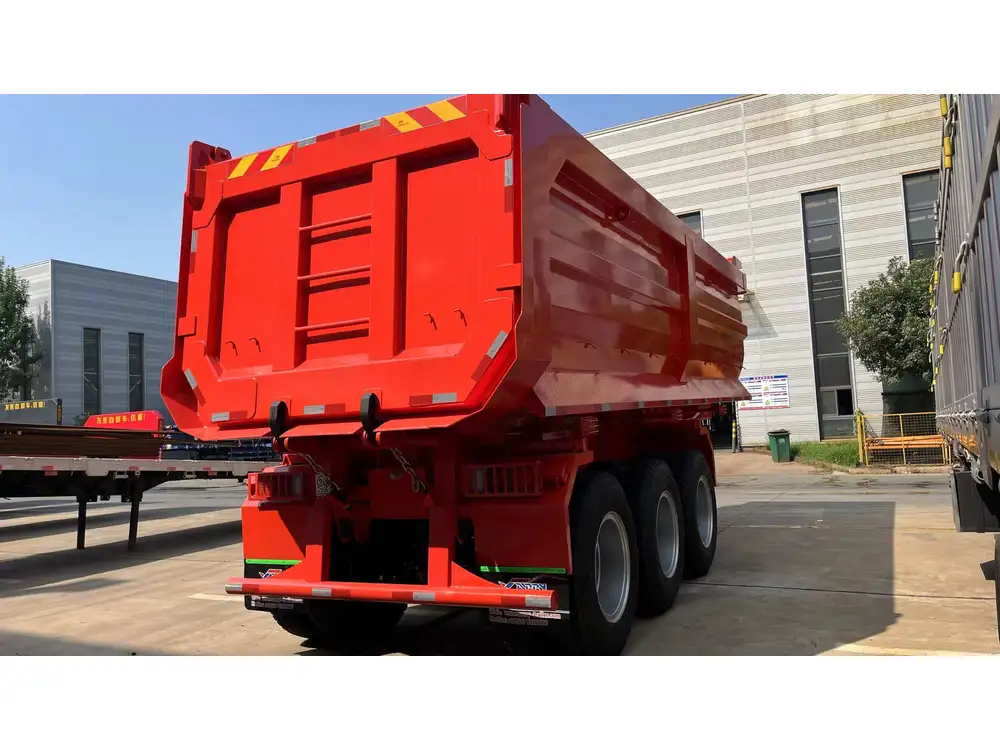
1. Single Axle Tipper Trailer
This type is ideal for lighter loads and offers greater maneuverability. Due to its compact size, it is particularly suited for urban environments or narrow sites.
2. Tandem Axle Tipper Trailer
Designed for larger loads, this type ensures better load distribution. It is favored by those in construction or agriculture requiring heavy-duty performance.
3. Tri-Axle Tipper Trailer
For the heaviest loads, tri-axle trailers are the best. These trailers are larger and require more powerful vehicles for towing, making them more suitable for industrial applications.
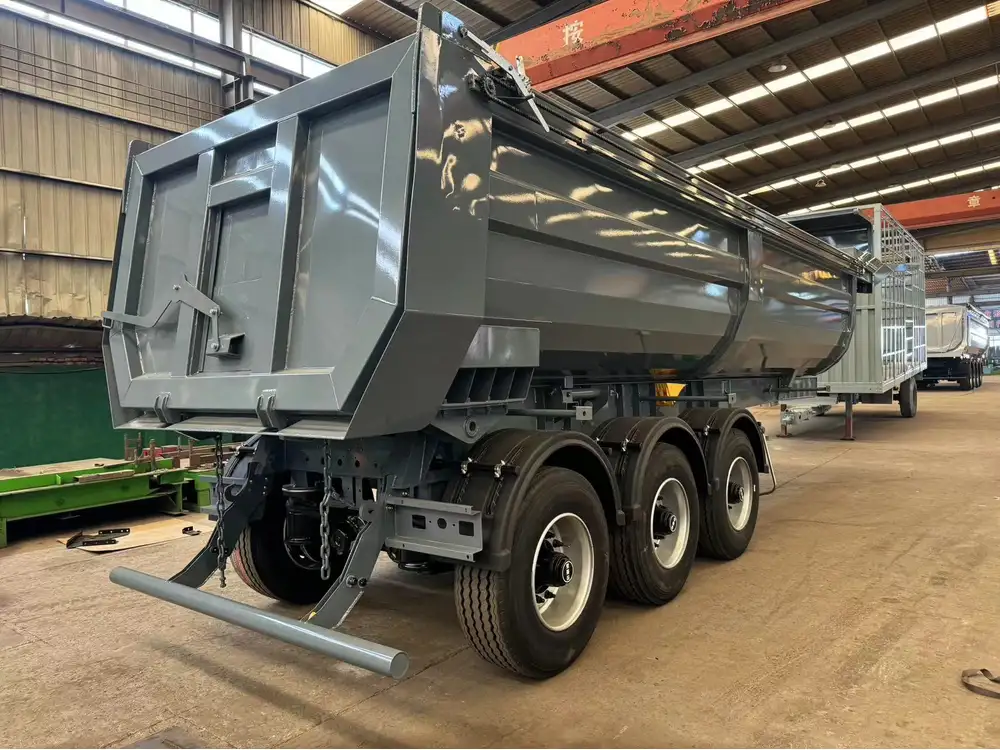
Comparison Table: Axle Options
| Axle Type | Load Capacity | Maneuverability | Cost |
|---|---|---|---|
| Single Axle | Low-Medium | High | Low |
| Tandem Axle | Medium-High | Medium | Medium |
| Tri-Axle | High | Low | High |
Where to Find Quality Trailer Tippers for Sale
1. Manufacturer Websites
Visiting manufacturer websites can provide a wealth of information about features, specifications, and user testimonials. Look for reputable brands that offer extensive product lines and a history of reliability.
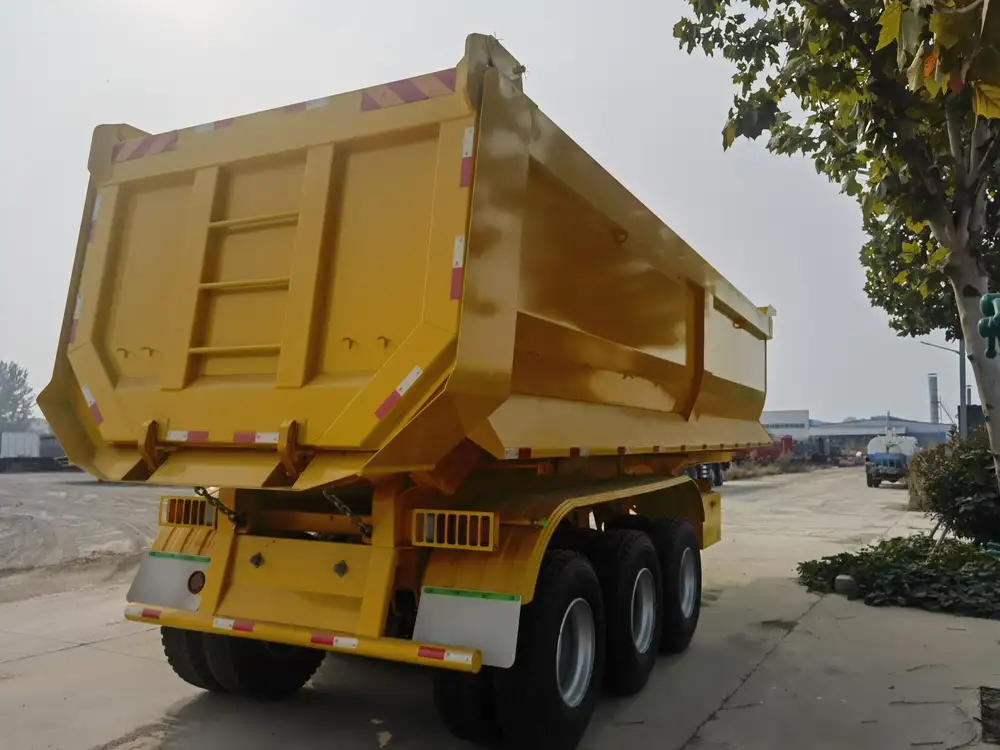
2. Dealerships
Authorized dealerships often feature quality products and knowledgeable staff who can guide your purchase. They may also provide additional services like financing options and maintenance.
3. Online Marketplaces
Websites such as eBay, Craigslist, or specialized equipment sale platforms may have various listings for new and used trailer tippers. Although it can be a treasure trove, ensure you exercise caution and conduct thorough checks.
4. Auctions
Equipment auctions provide opportunities to purchase high-end trailers at potentially reduced prices. However, thorough research and inspection are advised prior to bidding.
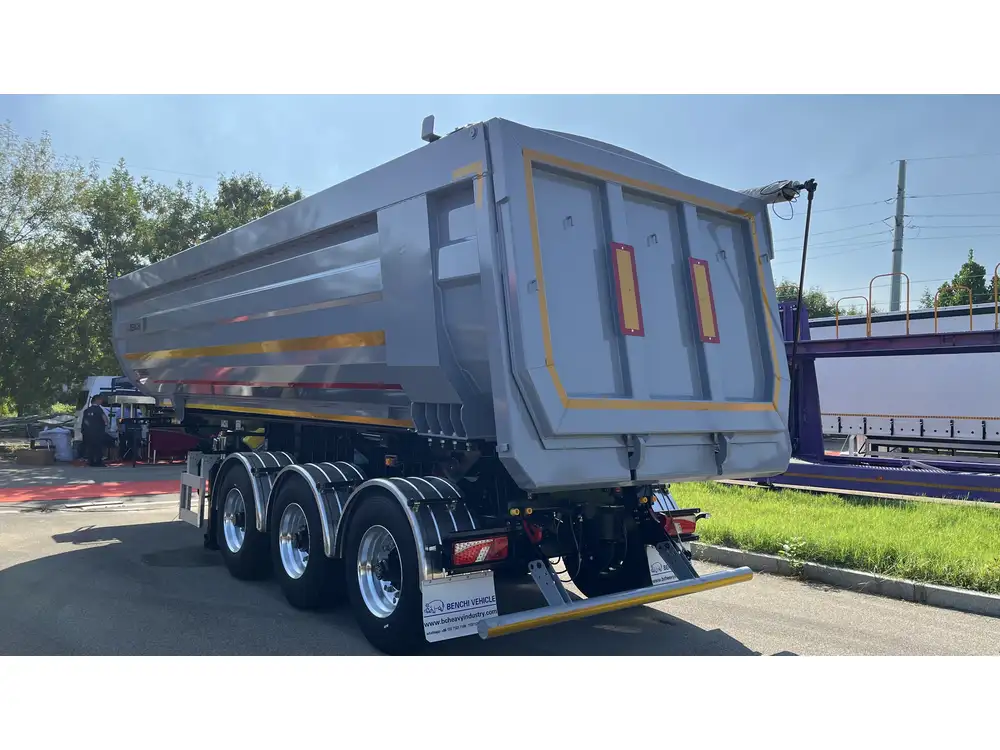
Common Issues When Buying a Trailer Tipper
1. Inspection Challenges
While a trailer may look perfect from the outside, unseen issues can arise. Always inspect the condition of critical components, including tires, brakes, and hydraulics. Check for signs of wear and tear or potential repair needs.
2. Difficulty in Matching Needs
Many buyers struggle to identify their precise requirements. It’s essential to assess your operational needs meticulously and consult with professionals, if necessary, to avoid over or under-purchasing.
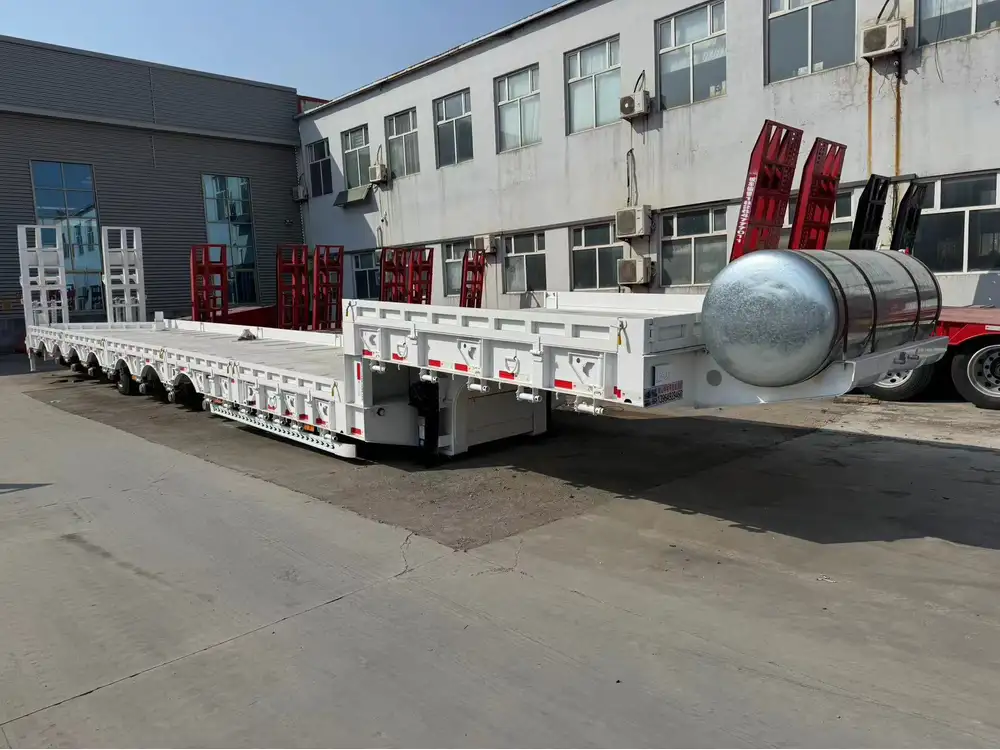
3. Regulatory Compliance
Different regions have specific regulations regarding trailer weight, dimensions, and operating standards. Ensuring compliance not only avoids legal trouble but also enhances safety.
Maintenance Tips for Maximizing the Longevity of Your Trailer Tipper
A trailer tipper is an investment, and like any investment, it requires care and attention. Implementing the following maintenance tips can significantly enhance the lifespan of your equipment:
1. Routine Inspections
Conduct regular inspections of the trailer’s tires, brakes, and hydraulic systems. Look for any cracks or leaks, particularly in the hydraulic hoses, as these can lead to catastrophic failures if unnoticed.

2. Proper Lubrication
Ensure that all moving parts are adequately lubricated to minimize friction and wear. This includes hinges, locks, and coupling mechanisms.
3. Cleaning and Protection
Keep the trailer clean, especially from corrosive substances like salt and road grime. Using protective coatings may help in extending the life of metal components.
4. Follow Manufacturer’s Guidelines
Each manufacturer will provide specific recommendations for maintenance schedules and procedures. Adherence to these guidelines is essential for preserving warranties and ensuring safe and efficient operation.

Summary
Investing in a trailer tipper is a significant decision requiring careful analysis and consideration of multiple factors. By understanding load capacities, materials, and types of tippers available, you can make an educated choice that suits your needs. Exploring diverse purchasing avenues can uncover excellent deals, while proper maintenance will enhance the longevity of your investment.
In the vast market of trailer tippers for sale, having comprehensive knowledge empowers you to select the right equipment tailored to your operational demands. Equip yourself with the best and drive toward efficiency and effectiveness in your endeavors.



